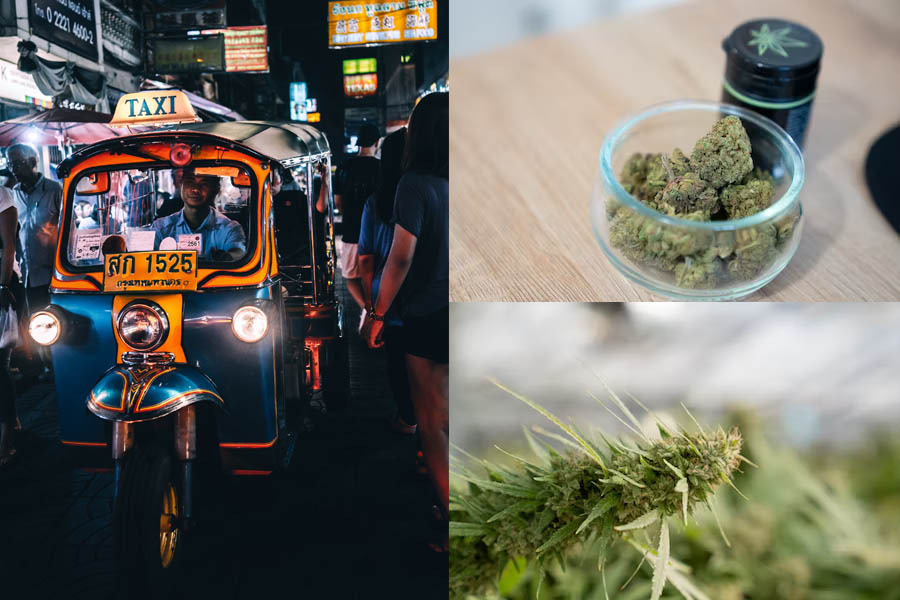
In a significant policy reversal, Thailand's new Prime Minister, Srettha Thavisin, has declared that the country will restrict cannabis use to medical purposes only within the next six months. This move marks a substantial shift from the previous policy, under which Thailand became the first Asian nation to decriminalize cannabis by removing it from the list of narcotics last year. The result was a proliferation of cannabis cafes and dispensaries, especially in tourist hotspots such as Bangkok, Chiang Mai, and Pattaya. However, the absence of legislation to regulate the use of cannabis created a legal vacuum, leading to various concerns and issues. Prime Minister Srettha Thavisin, a real estate tycoon who assumed office in August, has now voiced the need for a change in the law to prohibit recreational cannabis use. Srettha leads the Pheu Thai Party, which formed a coalition government with ten other parties, advocating a stringent anti-narcotics campaign before the election. During an interview in New York, where he attended the UN General Assembly, Prime Minister Srettha stated, "The law will need to be rewritten... It needs to be rectified. We can have that regulated for medical use only." When questioned about the possibility of compromise for recreational use, Srettha firmly responded with a "no," citing the recent widespread issues arising from drug use.
The decision to clamp down on recreational cannabis use has received mixed reactions. Some in the tourism industry welcome the move, citing problems caused by loose industry regulation. Thanet Supornsahasrungsi, the Group Executive Director of Sunshine Hotels and Resorts in Pattaya, expressed concerns over cannabis shops primarily catering to recreational use and reported instances of marijuana overdose. He emphasized the need for stricter law enforcement to ensure safe medical treatment for those who require it. Under the existing rules, individuals aged 20 and above, excluding pregnant or breastfeeding women, are allowed to use cannabis within their residences.
Additionally, food containing cannabis extracts can be consumed in licensed restaurants. It's worth noting that many Asian countries impose severe penalties, including imprisonment and even the death penalty, for cannabis use and possession. The cannabis industry in Thailand has seen exponential growth over the past year, with around 12,000 cannabis stores opening across the country. More than a million people have registered for cannabis cultivation, and tourists have flocked to experience it. By the end of 2022, the industry had generated annual revenues of $800 million, and it is projected to expand twelve-fold by 2030. However, the unregulated nature of this growth has raised concerns, as many businesses are illegally importing potent cannabis products. While some political parties had promised to restrict or ban cannabis use before the general election, the coalition government formed under Prime Minister Srettha Thavisin has yet to provide a clear direction on this issue. With competing agendas within the coalition, the fate of recreational cannabis in Thailand remains uncertain, leaving the country's stoners in a state of limbo.